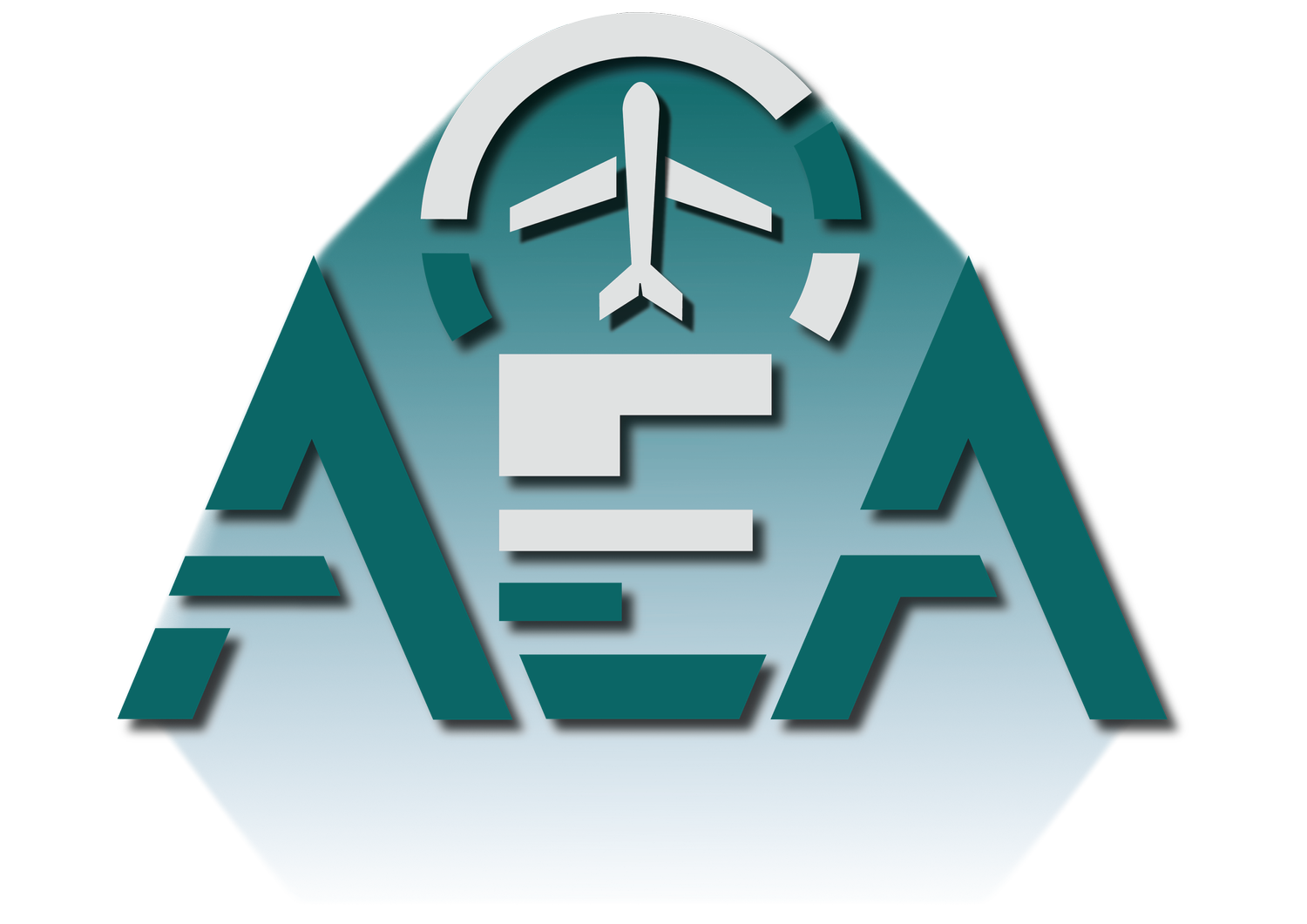Study Resources
-
ASA provides essential study materials for your exams. Click the button to discover their available resources.
-
The majority of exam questions are sourced from the 8083 handbooks. Click the button to access these essential handbooks.
-
AEA offers a detailed breakdown of the Airman Certification Standards (ACS) and its direct correlation to your exams. Please scroll down to view this essential information.
-
In the following sections below, we'll detail the most effective strategies for preparing for your exams. Including ACS alignment.
THE AIRMAN CERTIFICATION STANDARDS
Breaking Down the Code
IT ALL BEGINS WITH THE ACS!
Code Structure: AM-I-J-S1
Each code within the ACS document follows a structured format to provide a precise reference to its content. Here is a breakdown of what each part of the code represents:
AM
- Meaning: Aviation Mechanic
- Description: Indicates the document pertains to the Aviation Mechanic Airman Certification Standards.
I, II, III (Sections)
- Meaning: Section within the document
- Description:
- I: General
- II: Airframe
- III: Powerplant
- Note: The ACS is organized into three main sections, each covering a broad area of knowledge and skills.
A-Z (Subjects)
- Meaning: Subject within the section
- Description: Each letter corresponds to a specific subject within the section. For example, in Section I (General), "J" refers to "Physics for Aviation".
K, R, S (Element Types)
- Meaning: Type of element
- Description:
- K: Knowledge
- R: Risk Management
- S: Skill
- Note: Specifies the category of the element being referenced within a subject.
Number (Element Sequence Number)
- Meaning: Specific item within the category
- Description: Indicates the sequence number of the item within its category (Knowledge, Risk Management, or Skill).
Example: AM-I-J-S1
- AM* Aviation Mechanic ACS
- I: General section
- J: Subject "Physics for Aviation"
- S: Skill element
- 1: First skill item within the subject of "Physics for Aviation"
This coding system allows educators, students, and professionals to quickly locate and reference specific standards within the document, facilitating efficient study and review.
WHAT TO STUDY!!!
Follow these steps to pin-point the subjects and items you need to study!!!
-
Review your written results carefully, paying special attention to the ACS codes provided. These codes pinpoint the areas of the exam where your performance fell short of the necessary standards. The focus of your forthcoming Oral & Practical exams will be on these specific areas, as highlighted by the ACS codes, aiming to evaluate and enhance your knowledge and proficiency in these subjects.
-
Match the ACS codes from your results against the Airman Certification Standards to identify precisely which areas need additional study and attention.
-
Pinpoint the sections within the 8083 handbooks that require enhancement and direct your study efforts towards those specific areas.
BEST PRACTICES!!
BEST PRACTICES!!
Identify Weak Areas: Each ACS code corresponds to a specific area of knowledge, skill, or risk management you need to improve. Break down the codes to understand the subject matter you need to focus on.
Study Plan Based on ACS Codes: Create a targeted study plan that emphasizes the subjects represented by your ACS codes. This ensures your preparation is focused on addressing your weak points.
Practical Skills Practice: For each skill area (indicated by "S" in the ACS code), devote time to practical exercises. This could mean hands-on practice with aircraft components, tools, or simulation equipment, depending on the subject.
Risk Management Understanding: For codes with an "R", ensure you understand the risks associated with the specific tasks or knowledge areas. Knowing how to mitigate these risks is often a focus in oral exams.
Knowledge Deep Dive: For "K" codes, dive deep into the theoretical or knowledge-based understanding of the subject. Use textbooks, online resources, and study groups to reinforce your understanding.
Utilize Resources: Look for study guides, online courses, or instructor-led sessions specifically designed to address the ACS areas you need to improve. Many resources are tailored to the ACS framework.
Practice Exams and Questions: Engage with practice exams and questions that specifically cover your ACS-coded areas. This will help you get comfortable with the format and type of questions you'll face.
Review Regulations and Procedures: Ensure you're up-to-date with the latest FAA regulations and procedures related to your weak areas, as these are often tested in the oral portion of the exams.
Seek Feedback: If possible, get feedback from instructors or peers on your practical skills and knowledge. Sometimes, external feedback can pinpoint areas of misunderstanding or skills that need refinement.
Health and Wellness: Leading up to your exams, ensure you're in good physical and mental health. Adequate rest, nutrition, and stress management can significantly impact your performance..


